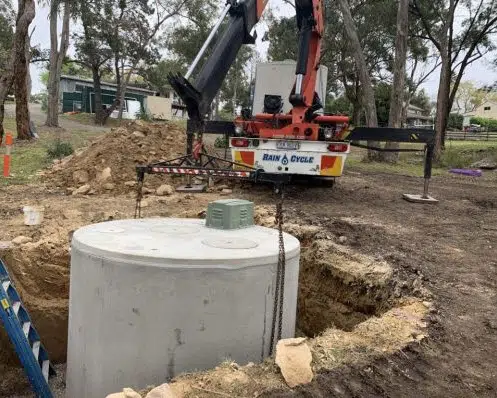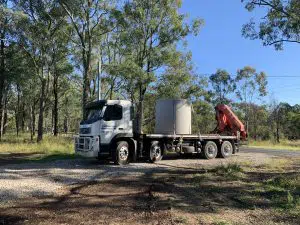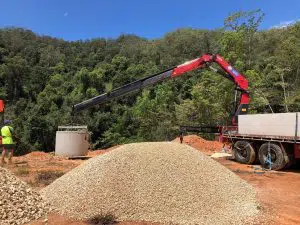Cultivating a garden around your septic tank system can be both rewarding and challenging. On one hand, you have the opportunity to enhance the aesthetic appeal of your property and create a beautiful outdoor space. On the other hand, you need to be mindful of the potential impact that gardening activities can have on your septic system’s functionality. In this blog, we’ll explore some insights and offer valuable advice to help you successfully maintain a thriving garden while keeping your septic system in top condition.
Understanding Your Septic Tank System:
Before diving into gardening around your septic tank system, it’s essential to have a basic understanding of how it works. A typical septic system consists of a septic tank buried underground, where wastewater from your home flows and undergoes natural treatment. The treated water then disperses into a drain field, where it further filters through the soil.
Choosing the Right Plants:
When planning your garden, opt for plants that have shallow root systems and are not heavy water consumers. This helps prevent damage to your septic system’s components and ensures that excess water doesn’t overload the drain field. Some suitable plant options include ornamental grasses, native wildflowers, and shallow-rooted perennials.

Maintaining Adequate Distance: It’s crucial to maintain a safe distance between your garden and the septic tank and drain field. This prevents roots from invading the system and causing clogs or damage. As a general rule, keep all plants and trees at least 10 feet away from the septic tank and drain field boundaries.
Avoiding Heavy Machinery: When working in your garden, refrain from using heavy machinery or equipment near the septic system. The weight of such machinery can compact the soil and potentially damage underground pipes and components. Instead, opt for lightweight gardening tools and equipment to minimize the risk of causing harm.
Implementing Proper Drainage: Proper drainage is key to preventing waterlogged soil, which can inhibit the function of your septic system. Incorporate techniques such as contouring the land or installing French drains to redirect excess water away from the drain field. Additionally, ensure that gutters and downspouts are directing water away from the septic system.
Using Organic Mulch: Applying organic mulch in your garden not only helps retain moisture and suppress weeds but also contributes to the overall health of your soil. However, avoid using non-biodegradable materials such as rubber mulch, as they can prevent proper water filtration in the soil and disrupt the septic system’s function.
Practicing Water Conservation: Be mindful of your water usage, especially when watering your garden. Excessive watering can overload your septic system and lead to issues such as soil saturation and drainage problems. Consider installing a rain barrel to collect rainwater for irrigation purposes and prioritize drought-tolerant plants that require less water.
Regular Maintenance: Regular maintenance of both your garden and septic system is essential for optimal performance. Schedule routine inspections of your septic tank system by a professional to detect any potential issues early on. Additionally, monitor your garden for signs of overgrowth or root intrusion, and address them promptly to prevent damage to your septic system.
Cultivating a garden near your septic tank system can be a fulfilling endeavor, provided you take the necessary precautions to protect both your garden and your septic system. By choosing the right plants, maintaining proper distance, practicing water conservation, and staying vigilant with maintenance, you can enjoy a beautiful garden while ensuring the longevity and functionality of your septic system. With these insights and advice in mind, you can create a harmonious balance between nature and infrastructure on your property.
Related Posts
- Off-the-Grid Living: How AWTS Systems Empower Sustainable Lifestyles in Australia
- What are home sewage treatment plants?
- Below-Ground Septic Tanks: Sydney’s Septic Solutions
- What Happens to the Waste When a Septic Tank is Full?
- How does Wastewater and Greywater differ?
- What Is Commercial Wastewater?
- Why Are There Heavy Metals In Sewage Sludge?
- Our guide to looking for a greywater wastewater pump





